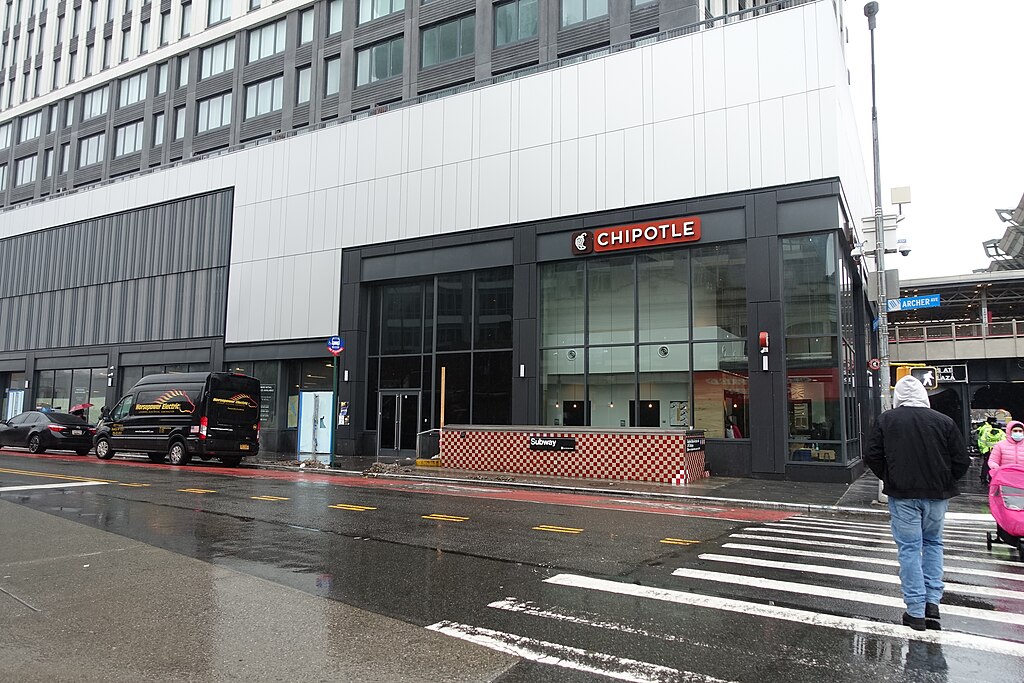Chipotle will pay $20,000 to settle a federal lawsuit alleging a teenage employee was harassed, retaliated against, and forced to resign after a supervisor forcibly removed her hijab at a Kansas location, the U.S. Equal Employment Opportunity Commission (EEOC) announced.
The case stems from a 2021 incident at a Chipotle restaurant in Lenexa, Kansas, where a supervisor repeatedly pressured the employee, a devout Muslim, to remove her hijab—a religious head covering. When she refused, citing its significance to her faith, the manager allegedly removed it himself on Aug. 9, 2021, according to the EEOC.
The employee, a minor at the time, reported the incident immediately and gave two weeks’ notice the following day. But Chipotle did not schedule her to work during that notice period, which the EEOC said amounted to retaliation.
Allegations of religious discrimination
The EEOC filed the lawsuit in U.S. District Court for the District of Kansas after attempting to resolve the matter through its administrative process. The suit alleged violations of Title VII of the Civil Rights Act of 1964, which bars workplace harassment and retaliation based on religion.
The federal agency said the teen’s experience amounted to constructive discharge, a legal term for being forced to quit due to intolerable working conditions.
In a statement, Andrea G. Baran, regional attorney for the EEOC’s St. Louis District Office, said the resolution reinforces legal protections for religious freedom in the workplace.
“No one should be harassed at work because of their religious beliefs or practices, and employers must not permit their employees – especially their supervisors – to ridicule or assault workers because of their most deeply held personal beliefs,” Baran said. “This decree will ensure Chipotle’s employees, whatever their religion, enjoy the law’s protection.”
Terms of the consent decree
Under a three-year consent decree, Chipotle agreed not only to the $20,000 settlement but also to several non-monetary remedies. The company must provide harassment and religious discrimination training to line employees in the Lenexa area three times a year. Supervisors will receive additional training on Title VII obligations and how to prevent religious discrimination in the workplace.
Chipotle is also required to report to the EEOC any complaints of religious harassment during the life of the decree.
David S. Davis, director of the EEOC’s St. Louis District Office, said the consent decree offers more than monetary relief—it provides ongoing oversight and mechanisms to prevent future violations.
“This consent decree not only provides compensation for the violation of rights secured by federal law, but it also ensures the company will work to protect the right of all employees to be free from religious discrimination or harassment, whatever their beliefs,” Davis said.
Focus on youth protections
The EEOC highlighted the case as an example of the need to educate young workers about their rights. The agency’s Youth@Work initiative provides resources for teens, including videos and curriculum guides, to help them understand employment discrimination and how to seek help.
The incident also underscores the responsibility of employers to properly train managers and supervisors on respecting religious accommodations and upholding federal civil rights laws.





